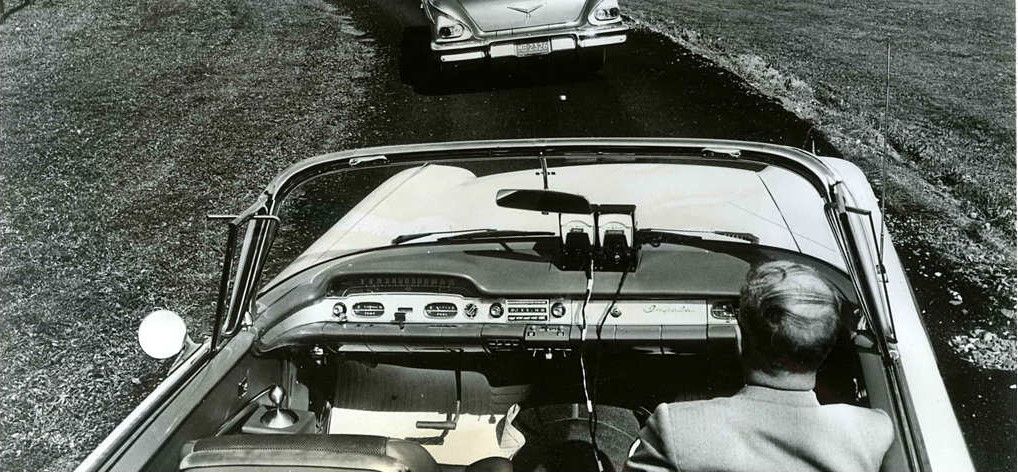Not an original idea: Driverless cars are perfected in the near future and join the traffic, and some disruptive souls, perhaps us, decide to purchase an autonomous taxi and set it to work. We charge less than any competitor, use our slim profits for maintenance and to eventually buy a second taxi. Those two turn into an ever-growing fleet. We subtract our original investment (and ourselves) from the equation, and let this benevolent monster grow, ownerless, allowing it to automatically schedule its own repairs and purchases. Why would anyone need Uber or Lyft in such a scenario? Those outfits would be value-less.
In a very good Vanity Fair “Hive” piece, Nick Bilton doesn’t extrapolate Uber’s existential risk quite this far, but he writes wisely of the technology that may make rideshare companies a shooting star, enjoying only a brief lifespan like Compact Discs, though minus the outrageous profits that format produced.
The opening:
Seven years ago, just before Uber opened for business, the company was valued at exactly zero dollars. Today, it is worth around $68 billion. But it is not inconceivable that Uber, as mighty as it currently appears, could one day return to its modest origins, worth nothing. Uber, in fact, knows this better than almost anyone. As Travis Kalanick, Uber’s chief executive, candidly articulated in an interview with Business Insider, ride-sharing companies are particularly vulnerable to an impeding technology that is going to change our society in unimaginable ways: the driverless car. “The world is going to go self-driving and autonomous,” he unequivocally told Biz Carson. He continued: “So if that’s happening, what would happen if we weren’t a part of that future? If we weren’t part of the autonomy thing? Then the future passes us by, basically, in a very expeditious and efficient way.”
Kalanick wasn’t just being dramatic. He was being brutally honest. To understand how Uber and its competitors, such as Lyft andJuno, could be rendered useless by automation—leveled in the same way that they themselves leveled the taxi industry—you need to fast-forward a few years to a hypothetical version of the future that might seem surreal at the moment. But, I can assure you, it may well resemble how we will live very, very soon.•
Tags: Nick Bilton

